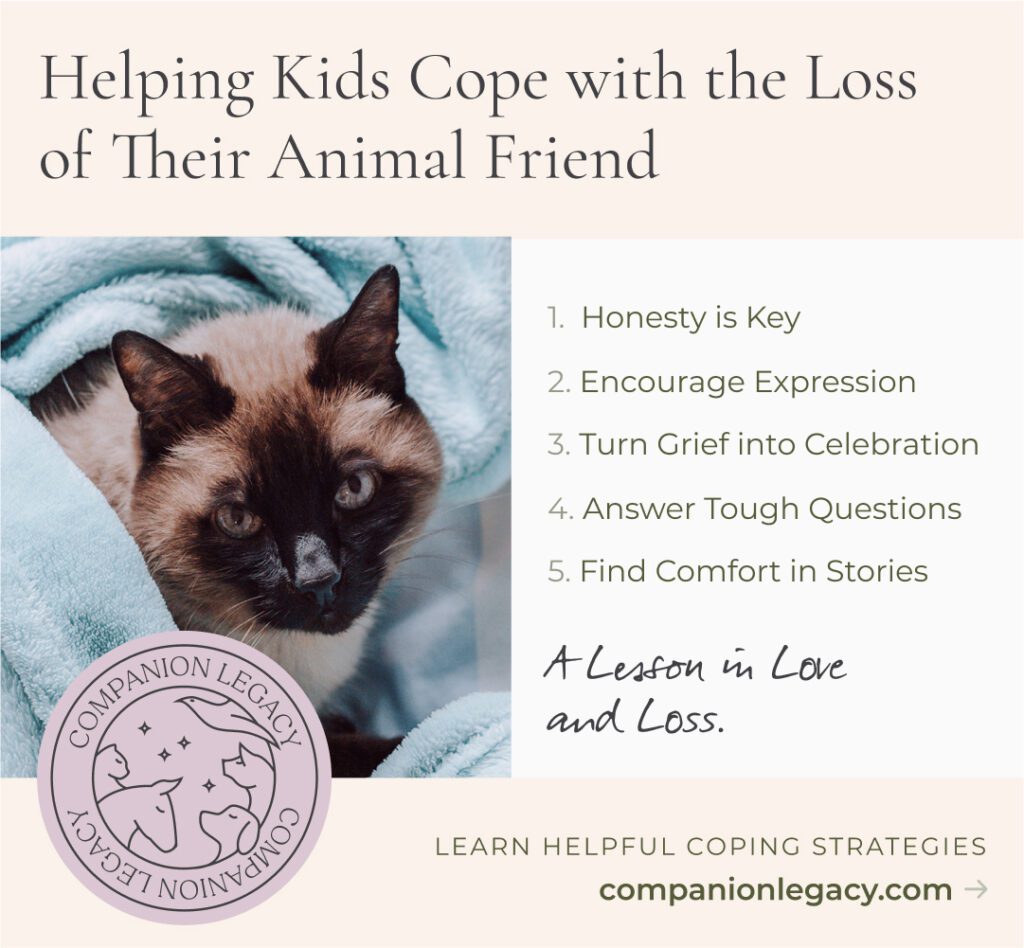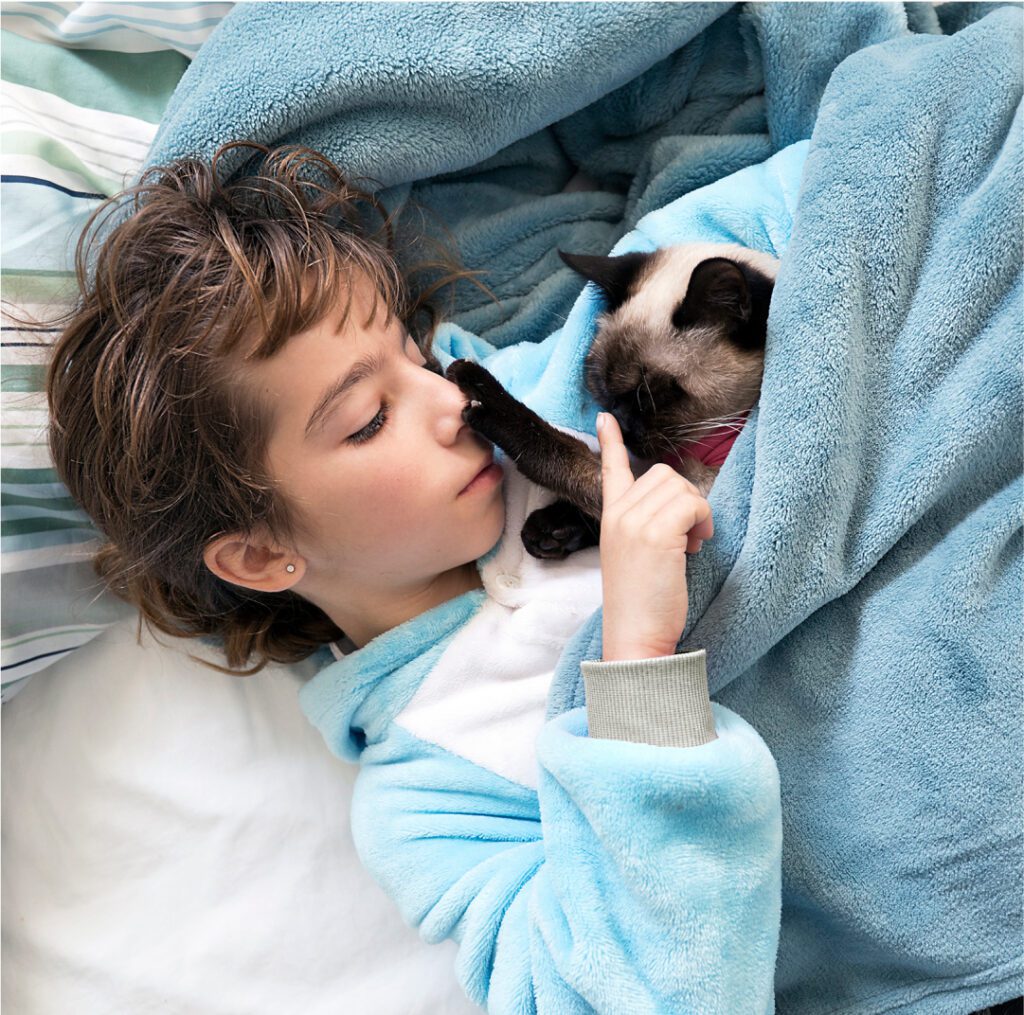There’s a quiet wisdom in the soft click of paws trailing us through the years. It’s a rhythm of loyalty, love, and companionship. When that rhythm ceases, it leaves an echo—one that resonates deeply, especially for children experiencing their first brush with loss. Let me take you to a personal moment that forever shaped my understanding of this profound grief.
A Glimpse into Loss
I still remember the evening she left us, my steadfast companion of two decades. Through the shattering lows—divorces, illness, the quiet ache of nights that stretched too long—she was my anchor. Her absence felt like a void carved out of my chest. In the haze of those first days, I found myself standing in my garden, clutching her favorite worn-out toy. And then, unexpectedly, comfort came—not in the form of an epiphany but in the softest hands reaching for mine: my nephew, teary-eyed, who whispered, “Tell me a happy story about her.” In that moment, I learned the power of memory. I told him stories—of our adventures, her quirks, her unwavering gaze on the worst days—and together, we laughed and cried. We turned grief into gratitude, not by pretending the loss didn’t hurt, but by letting the love remain alive.

Honesty Is Key
“She didn’t run away, and she isn’t sleeping. Her body stopped working because it was her time. But the love she gave us? That never stops.” Children process loss differently than adults, so it’s essential to use language that feels real and tangible. Avoid euphemisms like “she went to sleep” or “she ran away,” as these can confuse young minds and create unnecessary fears. Grounding them in the truth helps build trust and understanding.
Encouraging Emotional Expression
Let them see your own tears. By showing that it’s okay to feel sadness, you create a safe space for their emotions. Encourage them to express their grief in ways that feel natural, whether through words, art, or actions.
Ask open-ended questions like:
- “What do you miss most about her?”
- “What’s your favorite thing she ever did?”
These moments become bridges of understanding, reminding them they’re not alone.
Turning Grief into Celebration
Share happy stories, create photo albums, or plant a flower in their memory. These actions transform the loss into a narrative of love—a legacy that feels ongoing.
DIY Idea:
Create a memory jar where your child can write down or draw their favorite memories. Revisit the jar on days when they need comfort.
Answering the Tough Questions
When asked, “Why did she have to go?” or “Will I see her again?” respond with compassion and authenticity. Reflect your own beliefs but stay open to theirs: “We don’t always know why someone has to leave, but we do know the love they gave us stays forever.”
Finding Comfort in Stories
Books can be a gentle way for children to process grief. Stories about other animals and their journeys can make their own pain feel less isolating.
Consider reading:
- The Tenth Good Thing About Barney by Judith Viorst
- I’ll Always Love You by Hans Wilhelm
- Goodbye Mousie by Robie H. Harris
- The Rainbow Bridge by Adrian Raeside

A Lesson in Love and Loss
Here’s what I told my nephew that night, words I still hold tightly to: “Grief hurts so much because love was so big. And though we say goodbye to an animal friend, we never say goodbye to the love they gave us—it lives in every memory, every laugh, every tear. That’s how we carry them with us.”
How Companion Legacy Can Help
Whether it’s sharing your animal’s story, creating a lasting tribute, or finding support from others who understand, Companion Legacy is here to help families navigate these difficult waters. Together, you can honor the bond that made your companion truly unforgettable.
Share Your Story
We’d love to hear your stories about the animals who’ve touched your life. Share a favorite memory in the comments below or visit Companion Legacy to create a meaningful tribute. Because in moments of loss, we all need reminders of the love that remains.




